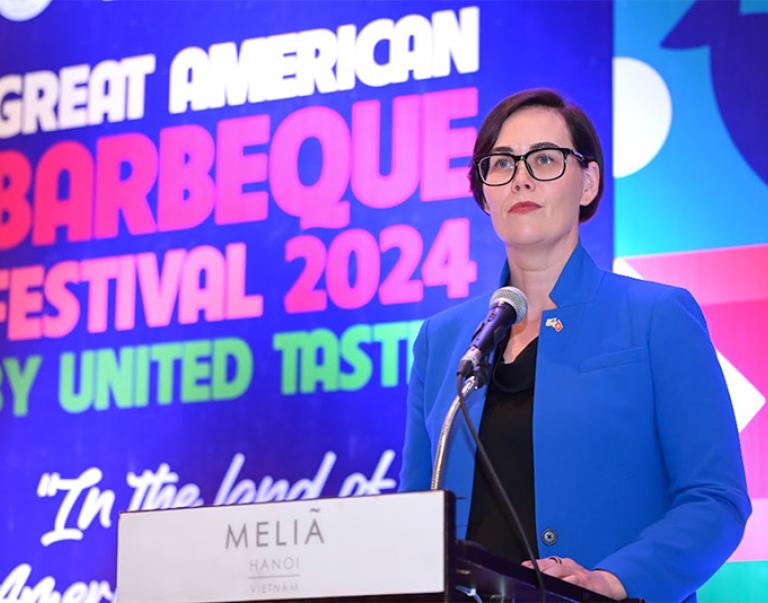On Friday afternoon, I sat down with business leaders from York County, Pennsylvania to get their input on how the Federal government can work with them to improve economic conditions and create jobs. Among the participants were members of the York Area Chamber of Commerce, as well as representatives from marketing, computer technology, and renewable energy manufacturing industries.
The session, the most recent in an ongoing series of White House Business Council meetings, was hosted by Alan Shortall, CEO of Unilife Corporation, a manufacturer and supplier of advanced safety medical syringes. Have you heard people talk about companies moving off-shore to China? Well, Alan told the reverse tale, as he kicked off our meeting. His company moved their manufacturing operation from China to the United States because of our high-end engineering expertise, which Alan argued, is an unmatched core competency of the United States. Since it set up shop in Pennsylvania in 2006, Unilife has employed 200 people and this number is expected to double by 2015. Not only are these good jobs and critical to the economy of York, but Alan said he will be spending at least $40 million on US purchases of equipment in the next year. Now, that’s stimulus!
I was glad to hear of the Unilife success story, since the U.S. Department of Agriculture (USDA) provided an $18 million guaranteed loan for construction of its custom-built, global headquarters completed last year. So top of my mind as we sat around discussing the economy, was identifying other ways in which the Federal government can help.
I listened as business leaders raised concerns and identified opportunities for U.S. investment. Many leaders echoed Alan’s emphasis on engineering skills. While patents are important in protecting US innovation, I was told, maintaining cutting edge expertise in engineering gives us great protection too since as long as other countries lack the skills to do what can be done here, we maintain control the innovation. All head’s nodded about the importance of investing in our education system to maintain this core US competency.
Other topics discussed included the need to eliminate tax expenditures and simplify the tax code, passage of free trade agreements, the need to raise the national debt ceiling, and the challenges surrounding health care. Not surprisingly, there was also unanimous support around the table on the need to simplify the processes and paperwork associated with applying for federal grant and loan programs.
Since April, Administration officials have been participating in the “Winning the Future Roundtables with American Businesses” tour across the country. The information I learned is currently being shared across the department at USDA and with the White House. People were generous with their time and gave me good advice. In the weeks ahead, our next step is to turn these ideas into concrete action that can generate growth, create new American jobs and increase U.S. economic competitiveness.



